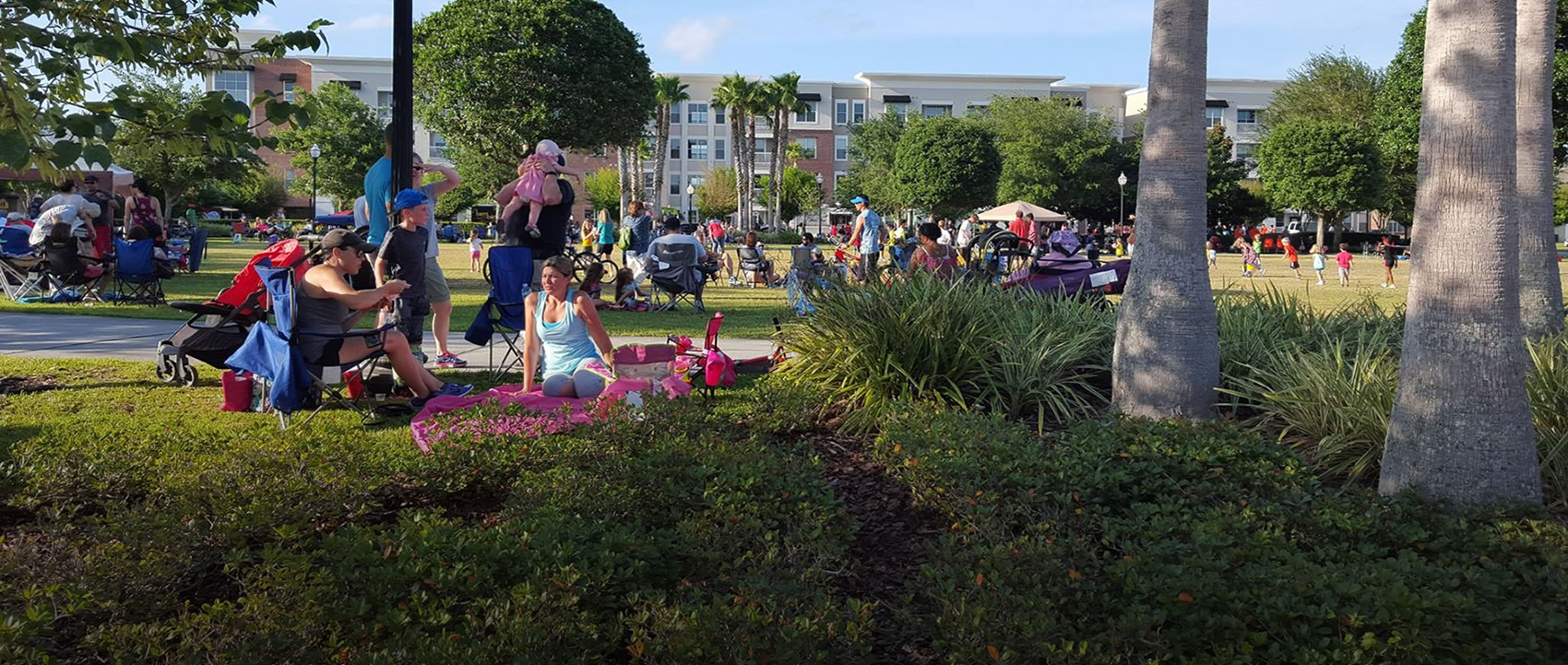Making a Move: Here Are Key Factors to Consider for a Smooth City Transition
Moving to a new city can feel like jumping into a parallel universe. Streets are unfamiliar, routines must be rebuilt, and your social safety net may feel out of reach. At the same time, the promise of fresh opportunity often outweighs the nerves. Still, preparation is everything. From balancing your budget to choosing the right neighborhood and building community, the decisions you make before and after arrival can determine whether the transition feels chaotic or empowering.
Financial Realities to Measure
Every relocation comes with hidden costs, and those who underestimate them often feel the pinch months later. Rent deposits and movers are only part of the story. Think about utilities, transit passes, parking permits, and even the price of groceries in your new zip code. Some newcomers discover that budget surprises after relocating—like higher insurance rates or municipal fees—quickly add up and strain their plans. Laying out a twelve-month financial roadmap before signing any lease helps you avoid being blindsided by costs that rarely show up in glossy moving checklists.
Climate and Lifestyle Fit
It’s tempting to focus only on job offers or rental listings when evaluating a new city, but your long-term happiness may hinge on environmental factors. If you’re used to dry heat and suddenly land in a humid coastal town, your day-to-day comfort will shift dramatically. Beyond temperature, the conversation increasingly includes resilience. Experts recommend choosing regions safer from climate threats, since flooding, fires, or extreme heat can not only disrupt your lifestyle but also affect property values and insurance premiums. Pairing climate research with personal lifestyle preferences ensures you’re not only moving but moving smartly.
Career Growth During Transition
A move often sparks reflection on what direction you want your life to take, making it an ideal moment to reevaluate your professional path. Starting fresh in a new city can be more than just finding housing and new routines—it can also be a launchpad for personal reinvention. Some people choose this time to pursue new passions through education, leaning on the flexibility of online study to balance coursework with the demands of settling in. Enrolling in a flexible healthcare degree program allows you to keep momentum in your career while adjusting to your new surroundings. With healthcare as your focus, the skills you gain can empower you to make a meaningful impact on the well-being of individuals and families in your community.
Community and Relationships
Landing in a city without friends can be disorienting, but relationship-building doesn’t have to be overwhelming. Sometimes, the smallest routines create the strongest bonds. One new arrival discovered that consistency at one cafe resulted in friendships, turning casual barista chats into real community ties. Regularity signals to others that you’re invested in the place, and it permits them to invest back. Beyond cafes, joining neighborhood volunteer projects or fitness classes can speed up integration. The key is showing up (again and again) until familiarity blooms into friendship.
Daily Access Essentials
Once you’ve unpacked the basics, spend your first week learning where essential services are located. Emergencies don’t wait for Google Maps. Identify grocery stores, banks, pharmacies, and health care providers before you need them. Urban planners point out that newcomers who find hospitals, pharmacies, and transit stops quickly often feel much safer in their first months. A quick exploration day also helps you memorize routes while also learning traffic rhythms and public transit options. Treat it as a personal scavenger hunt: where to buy dinner ingredients and how to catch the quickest bus to downtown.
Urban Comfort & Walkability
A city’s character often reveals itself at ground level. Beyond the skyline and transit lines, ask yourself: can you get your daily needs within a short walk? Walkability influences not only health but also social flow and convenience. Researchers studying residential patterns note that communities thrive when walking stays safe and easy, with sidewalks, lighting, and mixed-use zoning that make errands practical without a car. Before you commit to a lease, spend a few days moving through the area on foot. Notice how it feels after dark, how drivers treat crosswalks, and how far you must walk for groceries or coffee. Walkable neighborhoods often support tighter communities, making them especially attractive for those seeking connection.
New Experiences & Social Flow
Perhaps the most overlooked factor in relocation is attitude. You may have financials locked down and an apartment near transit, but without openness, you risk isolation. Integration requires vulnerability. Saying yes to invitations—even when you’re tired or uncertain—creates the momentum that helps you belong. Locals who emphasize that saying yes can unlock faster connections highlight how new residents accelerate friendships when they lean into opportunities. That could mean attending a street fair, joining a community cleanup, or striking up conversations with neighbors in the elevator. Over time, these micro-choices accumulate into a sense of belonging.
Moving to a new city is more than unpacking boxes; it’s re-engineering your life. The financial unknowns, the climate shifts, the challenge of finding belonging—all demand foresight and flexibility. What eases the transition isn’t luck, but preparation paired with an open mindset. Map your budget honestly, consider environmental and lifestyle realities, locate daily essentials quickly, and prioritize community over comfort zones. Add to that a willingness to say yes, and you’ll discover that a daunting relocation can transform into one of the most rewarding chapters of your life.
Discover the vibrant community of Avalon Park Wesley Chapel, where you can live, learn, work, and play in a setting that blends traditional charm with modern convenience.
Image by Freepik











